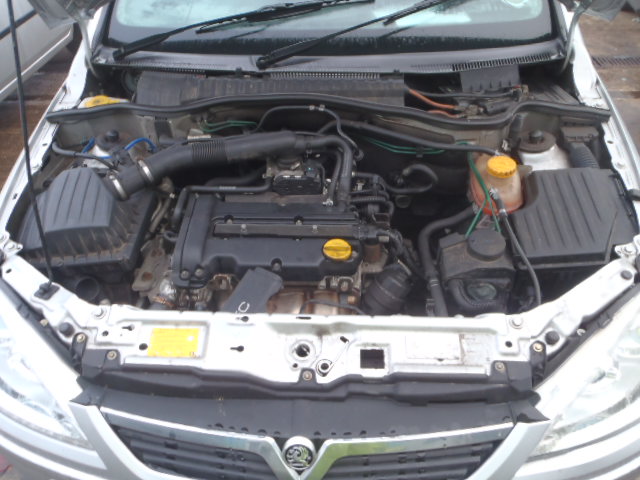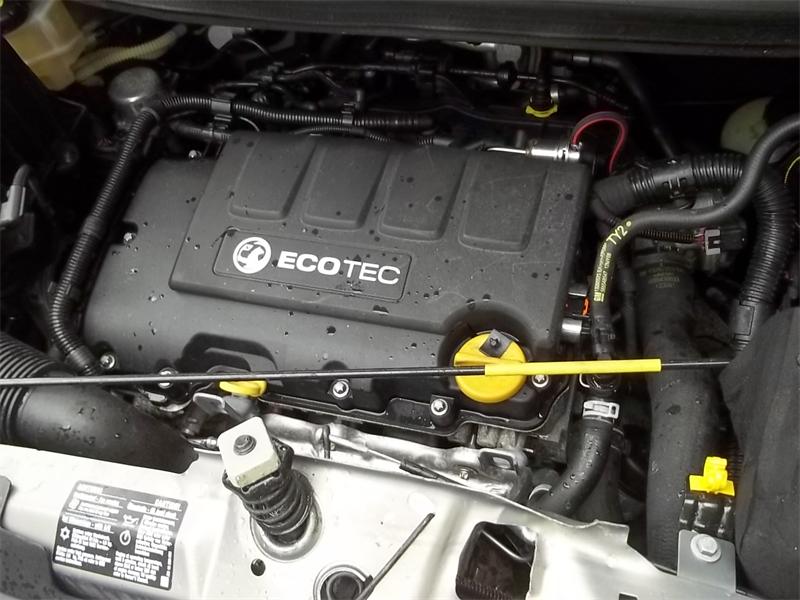Engine Purchasing Professional Tips on Choosing the Right Engine for Your Certain Requirements
Choosing the ideal engine for your details requirements entails a complex interaction of factors that go beyond mere horsepower figures. From power result to sustain performance, the decision-making procedure can be discouraging. Comprehending the nuances of engine kinds, dimensions, and their compatibility with your automobile is crucial. There are expert pointers that can assist browse this surface with confidence. By delving right into the ins and outs of power versus effectiveness, assessing fuel scores, and budgeting for long-term costs, one can absolutely enhance their engine option.
Power Vs. Effectiveness: Discovering the Balance
When choosing an engine, it is important to strike a balance in between power and performance to fulfill your specific demands efficiently. Power describes the engine's capacity to generate energy for propulsion, determining elements like velocity, lugging capacity, and total efficiency - Opel Corsa 1.4 Engine Price. On the various other hand, efficiency associates with just how well the engine utilizes fuel to create power, influencing factors such as fuel economy and ecological friendliness
Achieving the ideal equilibrium in between power and effectiveness is necessary because an engine that is too powerful might eat excessive gas, resulting in higher operating expense and unnecessary strain on the atmosphere. On the other hand, an engine that focuses on performance over power might result in sluggish performance, specifically in demanding situations like pulling hefty tons or driving uphill.
To make an informed choice, take into consideration elements such as your common driving problems, the desired use of the lorry, and your individual choices. By reviewing your concerns and demands, you can pick an engine that strikes the best equilibrium between power and effectiveness, making certain optimum performance while decreasing ecological impact and operating expense.
Comprehending Engine Size and Type
To additionally refine the choice procedure of an engine that strikes the optimum equilibrium in between power and performance, it is important to dive right into the complexities of recognizing engine size and kind. Engine size describes the total volume of air and fuel that can be pushed with the engine cyndrical tubes. It is usually gauged in liters or cubic centimeters. Larger engine sizes generally cause even more power output yet can also cause lowered fuel performance. On the various other hand, smaller engine sizes are commonly much more fuel-efficient however may sacrifice some power.
Additionally, engine type plays an important function in identifying the performance qualities of an engine. Usual engine kinds include inline engines, V engines, and rotating engines, each with its special advantages and disadvantages. The engine type impacts aspects such as the engine's size, weight distribution, and power shipment. Comprehending the interaction in between engine size and type is important in picking an engine that aligns with your specific needs and concerns, whether it be power, performance, or a balance of both.

Consider Your Automobile's Requirements
If you are looking for an engine for a sturdy vehicle that will certainly be utilized for towing, you will need an effective engine with high torque abilities. On the find more information various other hand, if you are selecting an engine for a compact automobile largely used for city commuting, fuel effectiveness may be a much more important aspect to consider.
Additionally, the surface on which the automobile will primarily operate ought to affect your engine selection. If you frequently drive in hilly or uneven locations, a durable engine with great climbing power will certainly be needed. On the other hand, for flat surfaces, a more fuel-efficient engine might be enough. By try this website straightening the engine specs with your vehicle's requirements, you can make sure that your car operates successfully and fulfills your efficiency expectations.
Evaluating Gas Performance Rankings
Assessing gas efficiency rankings is a crucial element of choosing the right engine for your automobile, making certain expense savings and environmental sustainability. Fuel efficiency rankings, normally determined in miles per gallon (MPG) for gasoline engines or kilowatt-hours per 100 miles (kWh/100 miles) for electrical engines, indicate how far an automobile can take a trip on a particular amount of fuel or power. Higher MPG or reduced kWh/100 miles values symbolize much more efficient engines, converting to decreased fuel costs and reduced carbon discharges.
When reviewing fuel efficiency scores, consider your driving behaviors and demands. A highly fuel-efficient engine can result in substantial cost savings over time if you commute long distances daily. In addition, contrast different engine options within the exact same automobile course to identify one of the most affordable selection. Variables such as engine dimension, weight, aerodynamics, and crossbreed or electric abilities can all influence gas effectiveness.
Budgeting for Long-Term Expenses
Purposefully preparing for lasting expenditures is imperative when selecting an engine, making certain financial sustainability over the automobile's life-span. While the first acquisition cost of an engine is a substantial variable, it is vital to think about the long-term prices linked with maintenance, repair services, and gas intake. Going with a more fuel-efficient engine may have a higher ahead of time price but can cause considerable financial this hyperlink savings with time. Routine upkeep, such as oil adjustments, filter substitutes, and tune-ups, is important to maintain the engine running efficiently and effectively, lowering the risk of pricey repair services down the line.
In addition, looking into the accessibility and cost of substitute parts for the picked engine is crucial in spending plan planning. Engines with readily offered and economical parts can substantially affect lasting maintenance expenditures. In addition, thinking about the engine's toughness and expected life expectancy can help stay clear of unforeseen substitute costs in the future. By very carefully budgeting for these long-term costs and factoring them into the decision-making process, people can select an engine that not just meets their prompt requirements yet likewise stays affordable throughout its life-span.
Verdict
In conclusion, selecting the ideal engine for your certain needs needs stabilizing power and efficiency, comprehending engine size and type, considering your lorry's demands, assessing gas performance scores, and budgeting for long-term expenses. By very carefully taking into consideration these aspects, you can make sure that you choose an engine that fulfills your demands and gives optimum efficiency for your vehicle.
To further refine the selection process of an engine that strikes the ideal equilibrium between power and effectiveness, it is crucial to dive into the details of understanding engine size and type. Engine dimension refers to the complete quantity of air and fuel that can be pressed through the engine cyndrical tubes. Typical engine kinds include inline engines, V engines, and rotary engines, each with its distinct advantages and drawbacks. Understanding the interaction between engine dimension and kind is essential in selecting an engine that straightens with your details requirements and concerns, whether it be power, performance, or a balance of both.
